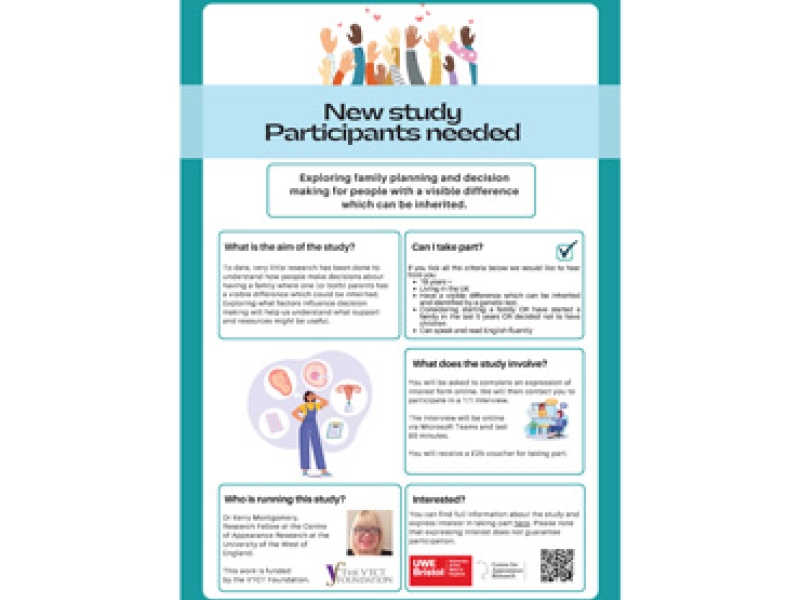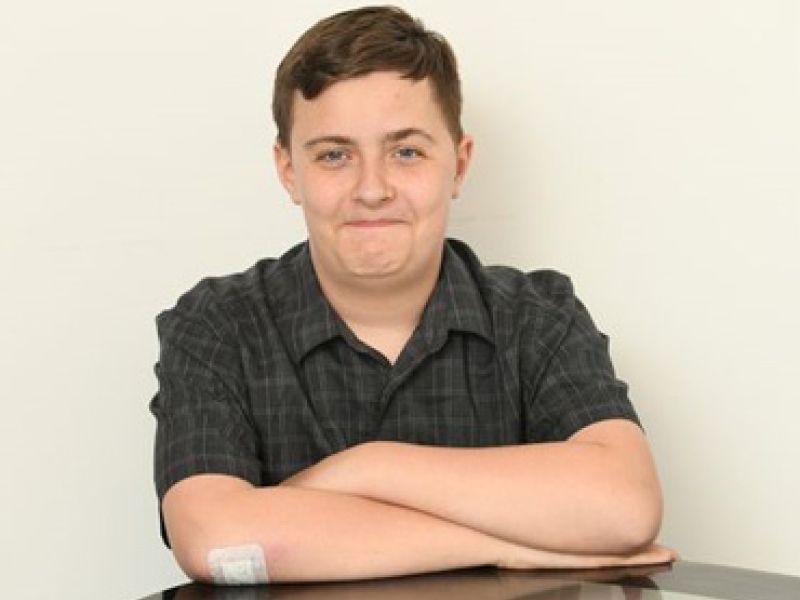Jane Frances
19 November 2019
Jane Frances
Jane Frances is a psychotherapist and was for many years Schools Specialist and Policy Advisor in Education at Changing Faces, UK. She is an expert in the psychology of visible difference.
She tells us of how findings from psychological research can help parents and teachers of children with Neurofibromatosis to better support them.
“I have worked with a lot of children with many conditions including NF, and I’ve found that the responses by other people to visible difference is pretty standard across conditions. The advice I give is based on research. ‘Common sense’, however well-intentioned, can lead to counterproductive interventions.
For example, if a child is staring at a child with a visible difference, the ‘natural’ reaction of the teacher is to say, ‘you mustn’t stare’. The result is that children learn to turn away, and the child with the difference feels even more isolated.
A better response is for the teacher to tell the staring child, ‘if you find yourself staring, smile and say ‘Hello, my name is Jane. What’s your name?’’
It is even more important that parents or the teacher coach the child who has NF to handle other children’s curiosity. The best strategy is for the child with NF to have something to say, like: ‘Don’t mind my lumps and bumps. I’ve got NF. Have you got something interesting about you?’ It is always good to round off with a question and engage – curiosity is the beginning of a relationship.
If the child is shy and nervous, the teacher might need to say, ‘Oh you’ve noticed Timothy’s unusual face. Well that’s the way Timothy’s face is, and did you know Timothy has a pet cat?’
We know from countless studies that it is harder for a child who looks unusual to make and keep friends. This is caused not by an aversion to the unusual face, but by an aversion to the stigma. The key, therefore, is to reduce or eliminate the stigma. The conversational strategies above will help. A curious stare is a door to a conversation and possible relationship.
Teachers’ expectations are also key: they need to hold in their heart really positive hopes for this child’s future. Many studies confirm the ‘Pygmalion Effect’: that lower expectations lead to lower results. Teachers aren’t doing children a favour by going easy on them. The child needs tough, high expectations.
These are just a few tips. You can get more information and resources for tackling issues of face equality and the impact of appearance at changingfaces.org.uk.”
– Jane Frances"The best strategy is for the child with NF to have something to say, like: ‘Don’t mind my lumps and bumps. I’ve got NF. Have you got something interesting about you? "
Filter News

Gisela’s NF2 story
Gisela has NF2 & has a positive outlook on life, she has just completed a 265km walk during World NF Awareness Month
Read More_370x280_800_600_s_c1.jpg)
Oxford’s John Radcliffe Hospital celebrate NF2 Awareness Day
We set out to promote and educate people about NF2 & the service offered in Oxford & Southwest Region for patients
Read More
Care Quality Commission survey
Take part - if you are from an ethnic minority, have a long term physical condition & live in selected SW London boroughs
Read More
CAR research family planning decision making
This CAR UWE research explores family planning & decision making for people with a visible difference which can be inherited
Read More_skyline_370x280_800_600_s_c1.jpg)
Shine A Light 2024
The Shine A Light 2024 campaign had 133 buildings around the UK & the Republic of Ireland lit up in blue!
Read More
Guidance on sudden hearing loss in NF2-related Schwannomatosis (NF2-SWN)
Symptoms, diagnosis & treatment of sudden hearing loss, from Juliette Buttimore, Nurse Practitioner NF2 Service Addenbrooke's
Read More
NF2 Day 2024 by Emily Owen
A reflective poem for World NF2 Day, to celebrate people living with NF2
Read More
Connor’s NF2 story
Connor's mum Tracy's maternal instincts proved invaluable when fighting to get Connor's symptoms investigated
Read More

_370x280_800_600_s_c1.jpg)
